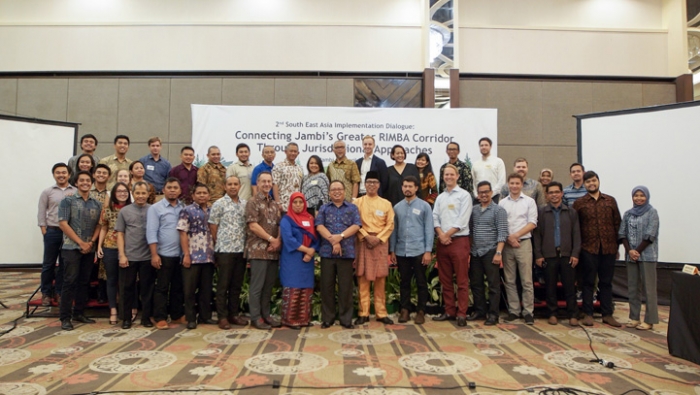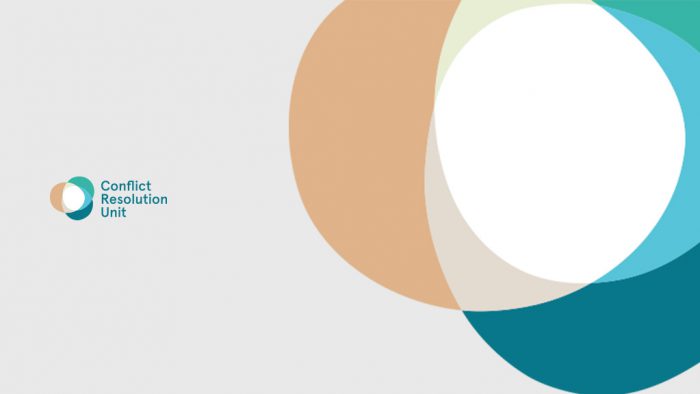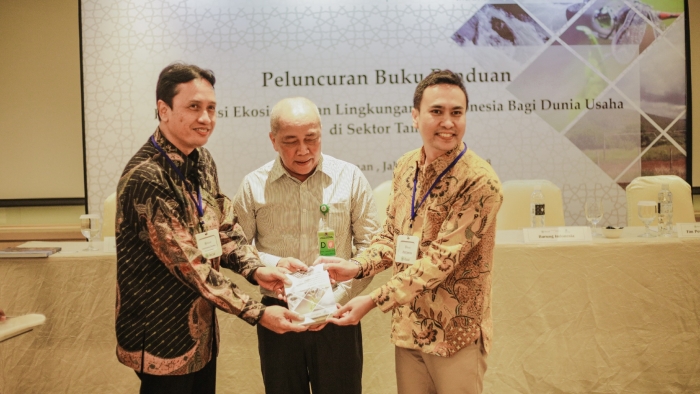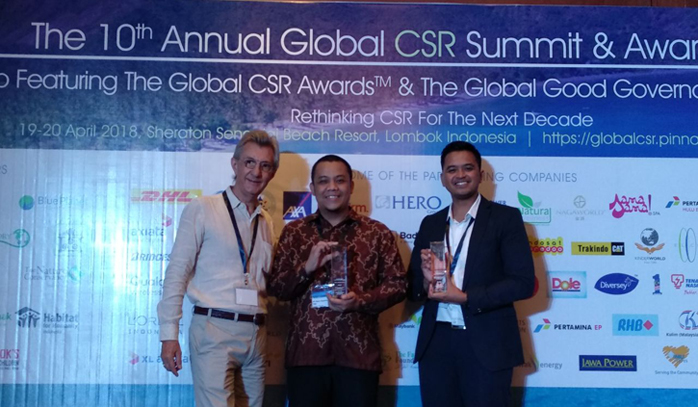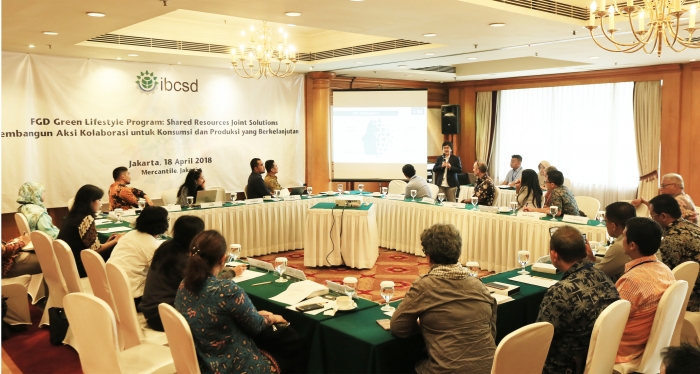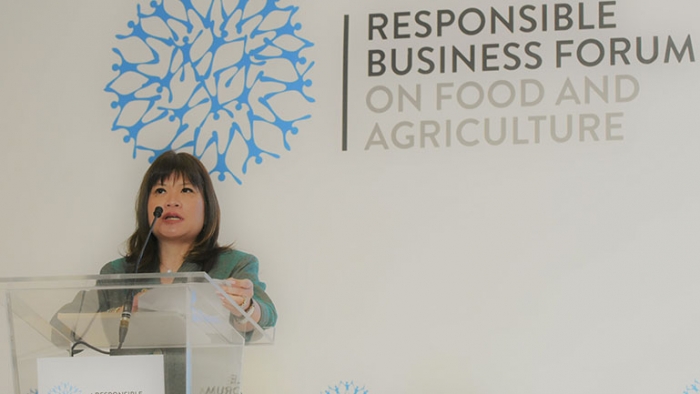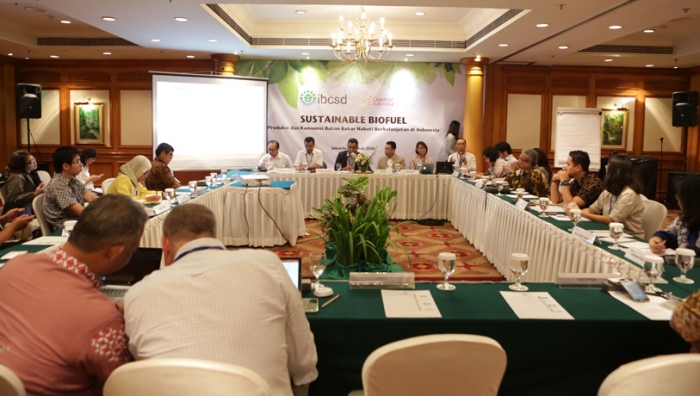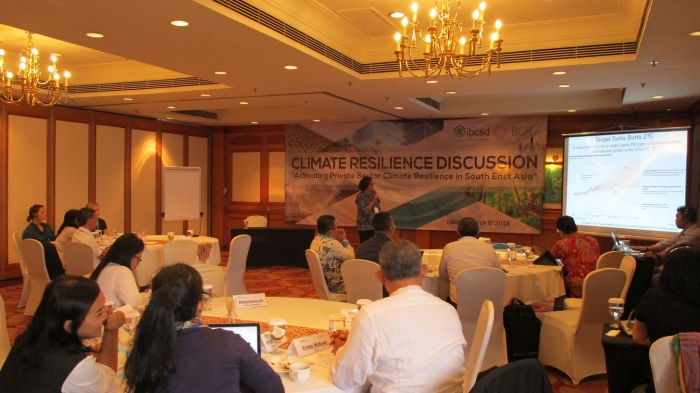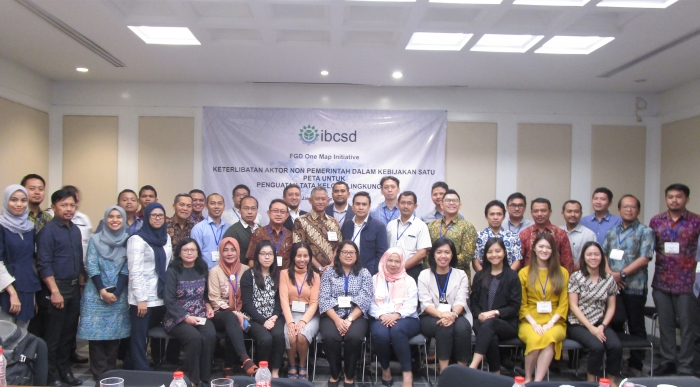
FGD One Map Initiative
As a result of a lively discussion, the business sector agreed that synchronizing phase in One-map Policy implementation is a crucial and challenging and expressed three important issues in order this phase in to strategically succeed and private sector to optimally contribute, namely supporting regulation, accountable mechanism and guaranteed data security.
